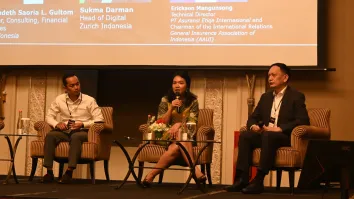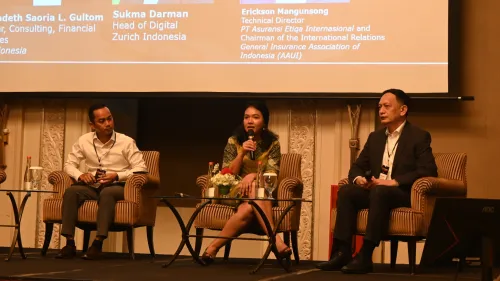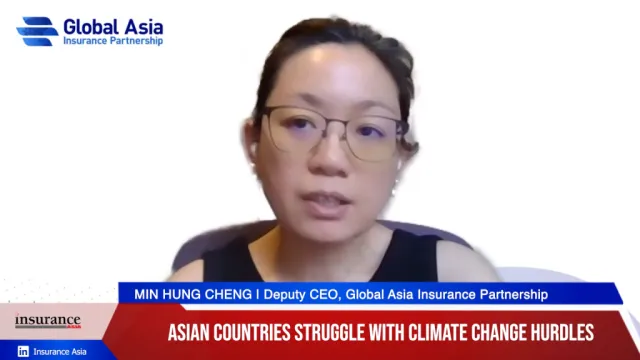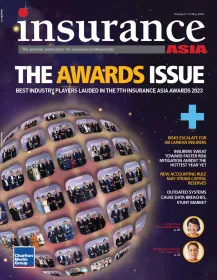
Chinese insurers shun universal life policies to ensure sustainability
These are commonly structured as short-term savings products.
A significant decline in the premium growth of universal life policies, commonly structured as short-term savings product in China, is a positive move forward to boost the long-term liquidity profile of insurers, according to credit rating agency Moody’s.
Also read: China's insurers remain flush with money
The shift towards long-term savings and protection-type products also entails less risk for the life insurer’s product and investment portfolios. Renewal premiums are also forming a larger proportion of total premiums, providing more stable future cash inflows.
Recent policy measures, including an individual tax incentive to promote commercially run retirement insurance, is also set to fuel demand for retirement insurance products, lending support to the diversification efforts of life insurers, Moody’s added.
Life insurers have also slowed their use of high-risk assets in their investment allocation, reflecting tighter regulations on the financial services sector ane efforts to curb leverage and reduced interconnectedness amongst banks and nonbank financial institutions including insurers.
"The change reflects our expectation that the current moderate economywide build up in leverage, a shift to a more sustainable product mix, and a slowdown in investment allocation to high-risk assets will prevent further deterioration in the creditworthiness of Chinese life insurers over the next 12-18 months," says Qian Zhu, a Moody's vice president and senior credit officer.
Profitability will also be balanced by lower investment yields and improving underwriting profit, the credit rating agency added. Industry solvency ratio will also stay solid thanks to lower reserve recognition.
Also read: China's online property insurance premiums surge 30.9% to $2.26b in Q1
"For life insurers, premium growth will be lower in 2018, but insurance demand will be supported by steady economic growth, low insurance penetration (2.34% as ofo 2016) and initiatives to promote long-term products," added Zhu.
Latest updates to the country’s insurance regulatory capital regime, China’s Risk Oriented Solvency System, as well as to the new asset-liability management rules are also expected to provide a boost to key aspects in capital and financial management and improve efficiency in capital allocation.
Photo from dawvon - Pudong, CC BY 2.0



















 Advertise
Advertise






